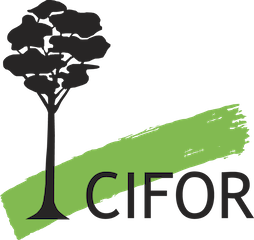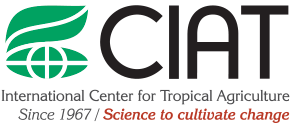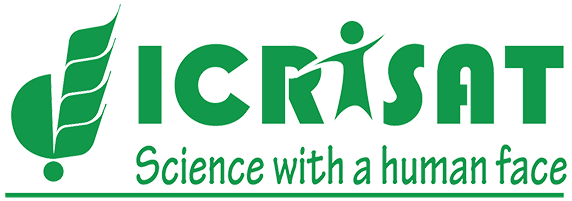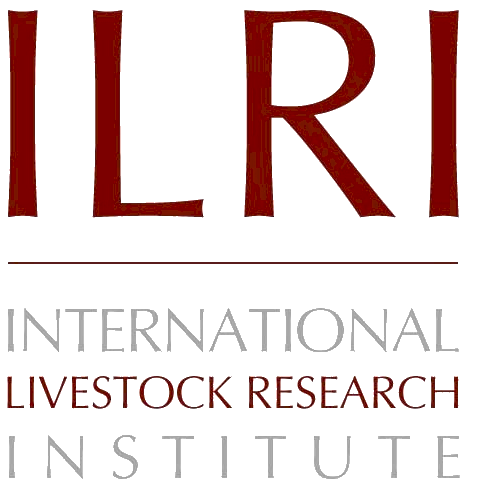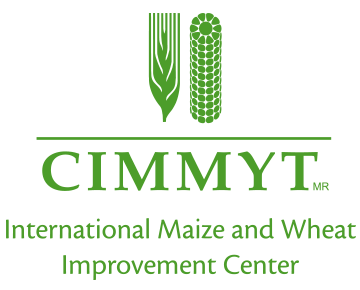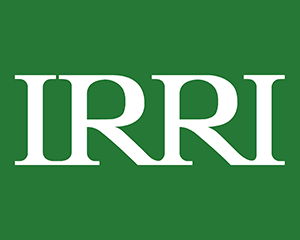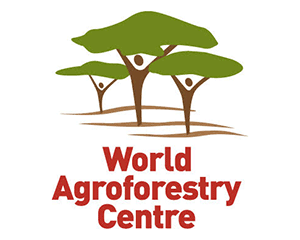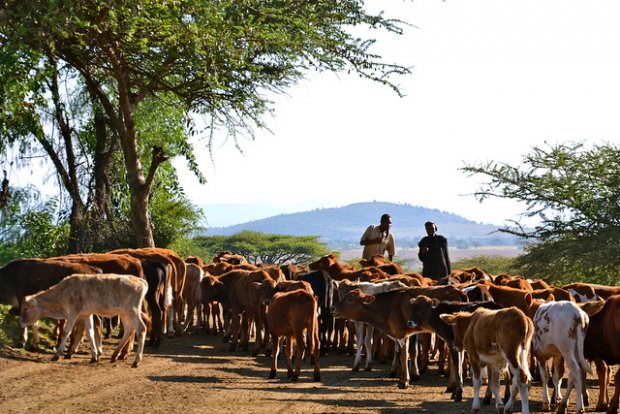
At climate change talks in Bonn, leading countries, scientists and specialists show they are ready for climate finance in the livestock sector.
Global climate change agreements now support the widespread adoption of agricultural practices that improve productivity and decrease emissions, including the livestock sector, which causes 14% of all human-induced greenhouse gas emissions and has significant, achievable mitigation potential.
At climate change talks in Bonn, leading countries, scientists, and specialists show they ready for climate finance in the livestock sector. The CGIAR Research Programme on Climate Change and Food Security (CCAFS) and the World Agroforestry Centre (ICRAF) hosted a side event to showcase progress and pathways for countries interested in climate finance for agricultural mitigation through livestock. Experts, including a lead negotiator, explained three active NAMA proposals that will reduce emissions while improving livestock productivity in Costa Rica, Kenya and Mongolia, and panelists addressed monitoring, reporting and verification (MRV), public-private partnerships and financing opportunities.
As countries plan to scale up mitigation in the livestock sector through support from the NAMA Facility, CCAFS, the International Centre for Tropical Agriculture (CIAT) and ICRAF, are supporting the NAMA process and other climate financing opportunities in developing countries through research, planning and technical support, conducted in collaboration with partners governments and other CGIAR centers and programs. Existing work includes measurement of greenhouse gas emissions through the SAMPLES project, livestock NAMA support by CIAT in Costa Rica and ICRAF in Kenya and Mongolia, and technical and policy capacity building support with national country offices and development organizations.

